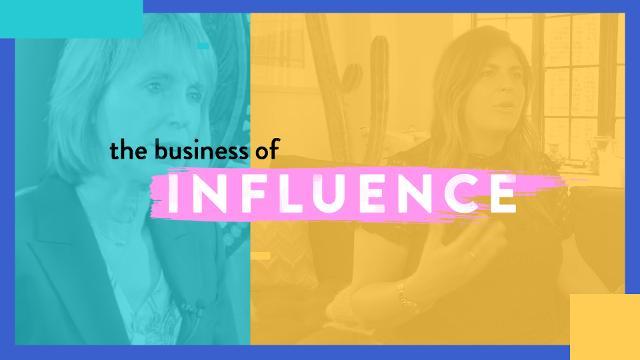White Moose Café owner Paul Stinson showcased the plight of small business owners in a world of influencers and “me generation”. Known on the web for his cheeky sense of humor, Stinson took on fellow Internet personality Ellen Darby after she requested a free five night stay in exchange for a vlog feature and free publicity. In a rather satirical response, Mr. Stinson pointed out in order for the influencer to enjoy the lodge’s luxuries of light, heat, and wait staff, his small business must charge her and other guests for their stay.
“If I were to let you stay here in return for a feature in your video, who is going to pay the staff who look after you?” writes Stinson. “….Maybe I should tell my staff they will be featured in your video in lieu of receiving payment for work carried out while you’re in residence?”
What has ensued is a battle of social media personalities and followers. Paul Stinson put the negative publicity to use for his hotel and generated more by banning “all bloggers” from his business. It was a move that rivaled the product placement scene in 90s film classic Wayne’s World.
Stinson posted on Facebook, “I never thought we would be inundated with negative reviews for the simple reason that someone was required to pay for goods received or services rendered.” He goes on to point out that influencers in the blogging/vlogging industry use victimization as a way of gaining power.
Friday, RTE.ie reported the Competition and Consumer Protection Commission is looking into Europe’s social media and consumer protection policies. Currently, Ireland does not have consumer protection legislation over their advertising sector.
In the US, the Federal Trade Commission has been cracking down on influencers and endorsements. In a September press release, FTC Chairman Maureen Ohlhausen stated, “Consumers need to know when social media influencers are being paid or have any other material connection to the brands endorsed in their posts. … such connections must be clearly disclosed so consumers can make informed purchasing decisions.”
While honest endorsement disclosures may help consumers, Paul Stinson points out the problem for small businesses. “You cannot trust what these people are saying…. She would have spoken nicely about the hotel only because she was getting it for free.” For business owners, that kind of protection money cuts deeply into their revenue.






